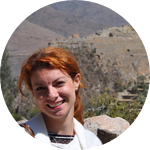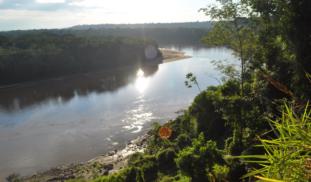144
0
1
Please wait...
About This Project
The highest amphibian biodiversity across the globe is found in Madre de Dios, Peru, but this biodiversity may be threatened by mercury pollution from artisanal and small-scale gold mining (ASGM). Mercury is a neurotoxin and high levels have been reported in fish and raptors in this region. I created a vulnerability map for amphibians using remotely sensed imagery. This work will test map accuracy by quantifying mercury levels in soil.
More Lab Notes From This Project

Browse Other Projects on Experiment
Related Projects
Using eDNA to examine protected California species in streams at Hastings Reserve
Hastings Reserve is home to three streams that provide critical habitat for sensitive native species. Through...
How do polar bears stay healthy on the world's worst diet?
Polar bears survive almost entirely on seal fat. Yet unlike humans who eat high-fat diets, polar bears never...
Uncovering hidden insect diversity associated with a likely undescribed gall-forming midge
Does a likely undescribed species of gall-forming midge (pers. comm. Ray Gagné) on Eriodictyon plants (Yerba...


